What is wrong with this leaf please?
gardenbug
9 years ago
Related Stories

HOME OFFICESQuiet, Please! How to Cut Noise Pollution at Home
Leaf blowers, trucks or noisy neighbors driving you berserk? These sound-reduction strategies can help you hush things up
Full Story
DECORATING GUIDESA Glimmer of Gold Leaf Will Make Your Room Shine
Make a unique, unexpected statement in any space with this precious metallic finish
Full Story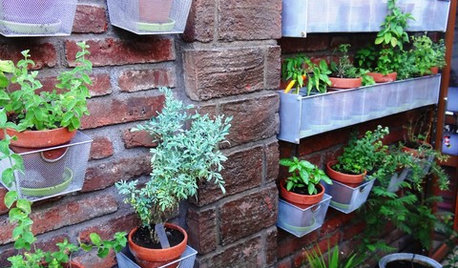
GARDENING GUIDES9 Fresh Herbs for Crowd-Pleasing Thanksgiving Dishes
Pluck these herbs from a windowsill pot or a garden for a Thanksgiving meal that sings with fresh flavor
Full Story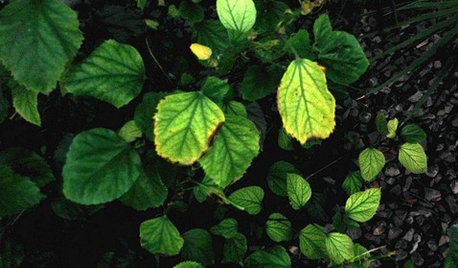
GARDENING GUIDESWhat's Wrong With My Plant? Leaves Often Hold the Clues
Learn how to identify common plant ailments by reading their leaves
Full Story
REMODELING GUIDESWhy Marble Might Be Wrong for Your Bathroom
You love its beauty and instant high-quality appeal, but bathroom marble has its drawbacks. Here's what to know before you buy
Full Story
LIFEYou Said It: ‘Every Room Should Have the Right Wrong Thing’ and More
This week on Houzz we were inspired to break out of catalog styling ruts and let our design freak flags fly
Full Story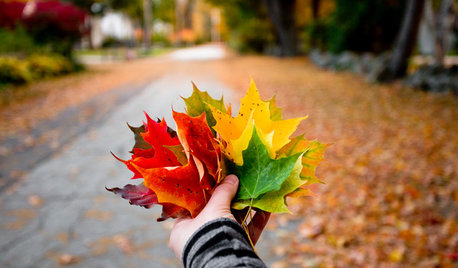
TRAVEL BY DESIGNHouzz TV: Take a Leaf-Peeping Road Trip in New England
Ride along with a Houzz contributing photographer to see gorgeous autumn eye candy from New York to New Hampshire
Full Story
ARCHITECTURETry a Four-Leaf Design That Spans the Ages
No one's sure exactly what the quatrefoil represents, but its striking effect in all kinds of designs is certain
Full Story
PURPLE FOLIAGE5 Purple-Leaf Majesties of Shrubs
Looking for beautiful depth and dynamism in your landscape? Just add purple
Full Story
CRAFTSCelebrate Fall With Silk-Screened Leaf Candleholders
An unexpected twist takes these stackable embellished candleholders from wonderful seasonal decor into the realm of art
Full StoryMore Discussions






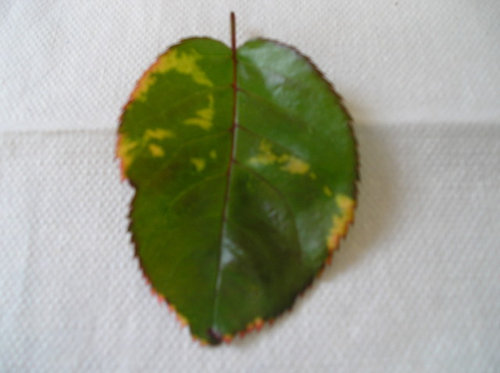


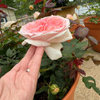
hoovb zone 9 sunset 23
User
Related Professionals
Belmont Landscape Architects & Landscape Designers · Surprise Landscape Contractors · Wakefield Landscape Contractors · Bellefontaine Neighbors Landscape Contractors · Brookline Landscape Contractors · Corona Landscape Contractors · Dixon Landscape Contractors · East Hanover Landscape Contractors · Harvey Landscape Contractors · Mesa Landscape Contractors · Pikesville Landscape Contractors · Pleasant Prairie Landscape Contractors · Selden Landscape Contractors · West Orange Landscape Contractors · Kingsburg Landscape Contractorshenry_kuska
User
jerijen
jerijen
seil zone 6b MI
henry_kuska
jerijen
User
seil zone 6b MI
Kippy
buford
Lynn-in-TX-Z8b- Austin Area/Hill Country
jerijen
henry_kuska
gardenbugOriginal Author